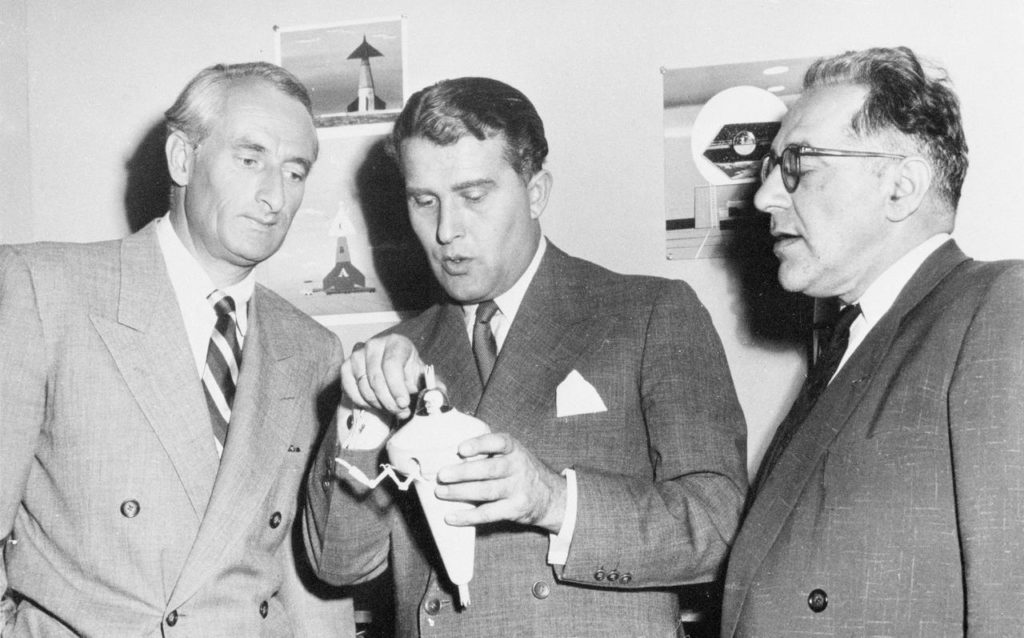Mixing civil service expertise and management roles
Both the UK’s Competition & Markets Authority, and the European Commission’s Competition DG are looking for very senior “digital” experts for senior management roles. Unfortunately I think it’s a mistake to combine the two, as very few people have experience of both. The EU position is less of an issue as it involves managing a small-ish team of subject specialists, and has now closed for applications, although I wouldn’t be surprised if it’s reopened a second time (here’s more on the EU approach). But the CMA role has “an expected team size of up to 200 colleagues” 🫣
My experience of the UK civil service is that seniority (and even vaguely half-reasonable salaries) only comes with managing very large groups of people. This is a disaster for highly technical subject areas. I had junior colleagues with PhDs at the same level as new graduates, on salaries that barely enabled them to live in London with their parents 😱
Tech firms are much better at separating out expert and managerial roles, while paying both appropriately. This is something governments are going to have to learn to do if they want to regulate the digital world effectively 🧐 (To be fair, the CMA has employed a number of digital experts already.)
The new EU AI Office is a good example of more focused mechanisms for bringing technical expertise into policymaking. The European Centre for Algorithmic Transparency is another.
Less useful in my experience are technical advisory boards. I was on the UK Information Commissioner’s Office’s for years, but it achieved little. It’s hard to tell how effectively the Technical Advisory Panel under the 🇬🇧 Investigatory Powers Act is working due to its secrecy/spookiness/need for top secret clearance, although I did participate in a useful one-day workshop it ran (they even published a summary of our discussions).
I also have broader thoughts from my time as a civil servant on making better use of academic expertise!
